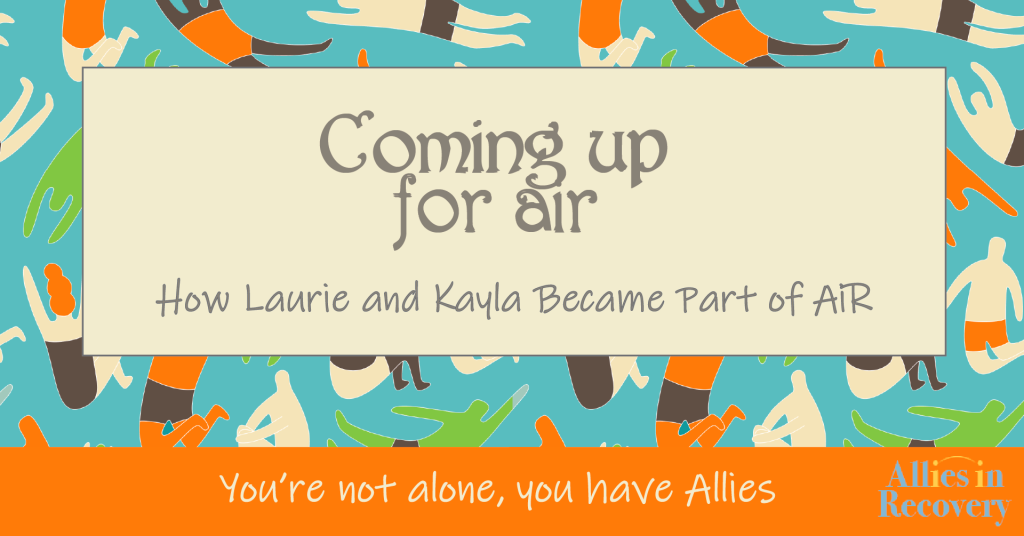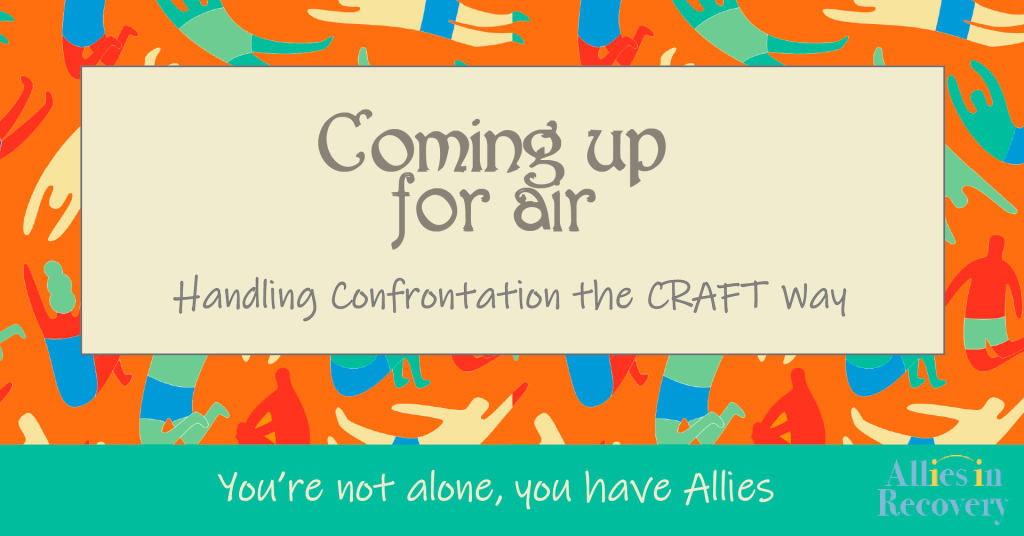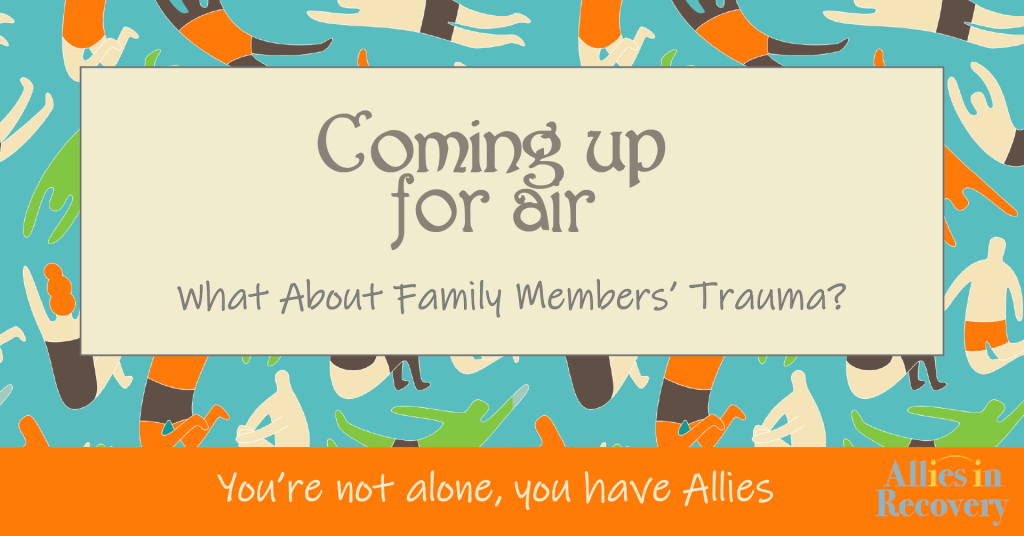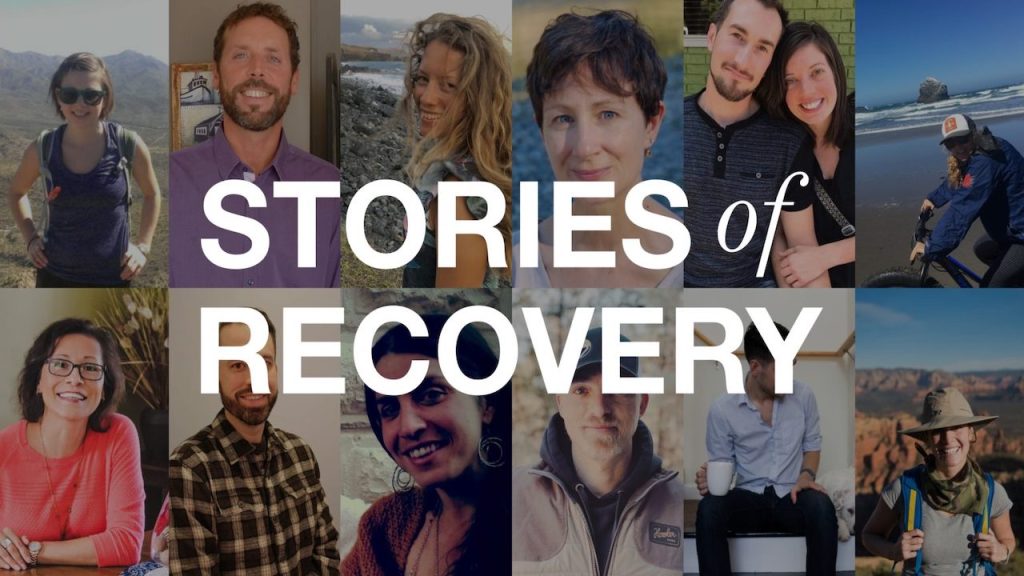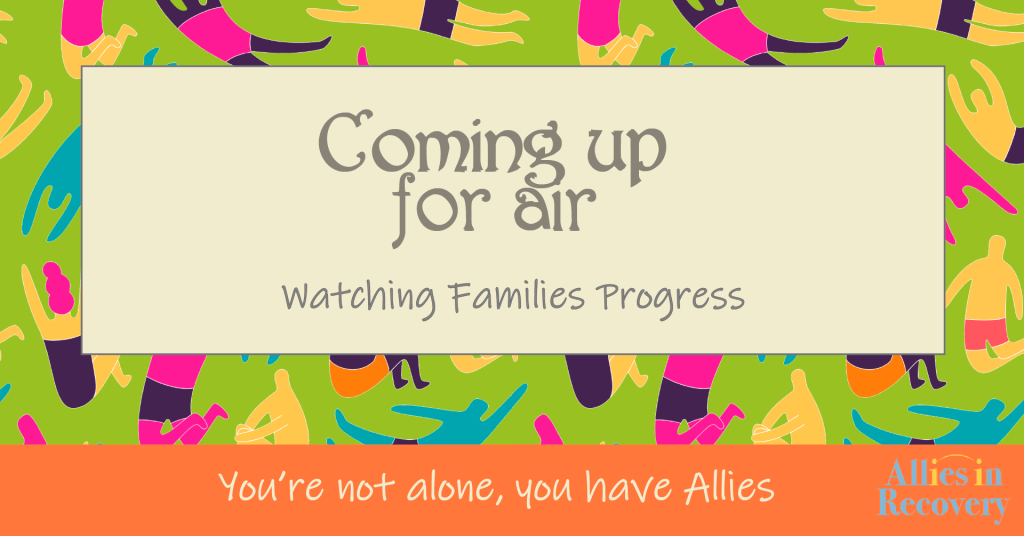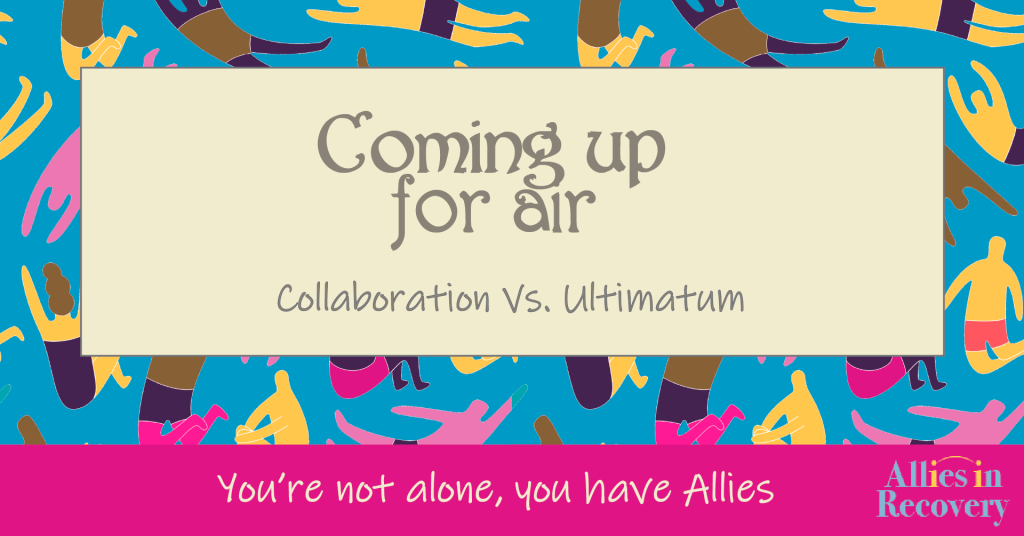What I Did to Get Better
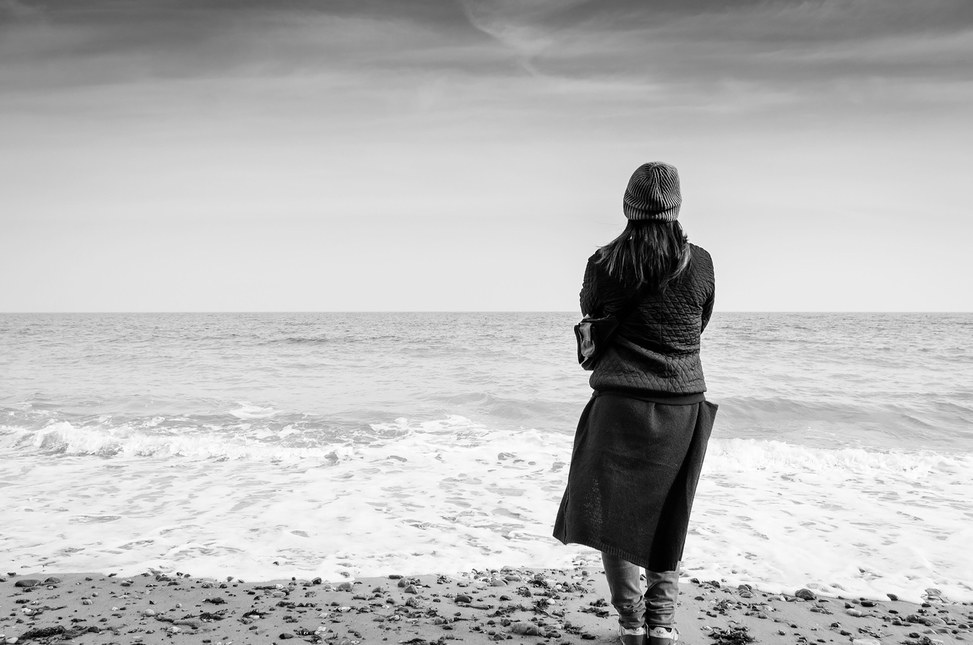
What follows are some excerpts from a conversation we recently had with Laurie MacDougall, an Allies in Recovery mom, whose adult son has been in recovery from heroin addiction for 10 months. She credits Allies in Recovery, and the CRAFT approach, with having provided her a framework to approach her son in a totally different manner. Below she speaks about the self-care strategies she found most useful, and how they’ve helped her to feel better.
This post originally appeared on our Member Site blog, where experts respond to members’ questions and concerns. To learn more about membership, see our Membership Benefits page.

Photo by @Mizrak via Compfight
On gratitude:
Gratitude has actually been key for me … When I first started working on myself and getting better, gratitude was huge …
Every night, before I went to bed it was, “What do I have in my life that I’m thankful for? Because there’s got to be some positive things in my life.”
And I did it every morning! And it started small … It was little, little tiny pieces like:
– He’s alive.
– He’s alive for one more day.
– Thanks for that.
And then it grew. Then it became, well, it isn’t all about him…
I have two wonderful daughters! I’m kind of neglecting that part of my life!
And wow! I have a wonderful husband! … And it kind of grew from there.
On staying present in the moment:
So, if I’m out at a party at a friend’s house, staying present in the party, in the moment, and enjoying every single moment with them, because that’s where I’m at right now … [this] helped me to have some joy and love right then, in that moment … and it helped me later on in the day.
On not pushing it down…
I’m a crier. And I hate that I’m a crier. And other people don’t like it, because it makes them feel very uncomfortable when I start crying.
So I spent months holding that in … Literally, I would go to meetings saying to myself, “Don’t cry don’t cry don’t cry don’t cry!” …
And then I did get professional help. She said, “No, come on, cry, and let’s see what happens…”
And it was weird … I let it go … Oh my God … I’d been holding this awful knot in my throat for just months … and after I cried: “Oh, I feel better! OK, so it’s OK for me to cry!”
So if someone feels uncomfortable that I’m crying, I can say, “I’m sorry that this makes you uncomfortable, but I need to do this right now.”
On self-care strategies:
There’s a whole slew of things I did:
Just going for walks to make myself feel better … Getting together with a friend and refusing to talk about this … and the more I did that, the better I got.
On getting better:
What I find a lot of people don’t understand is that you can’t see that you can get better, in the beginning.
So many people now are like, “Well how can you be laughing, and how can you be joking?”
But no, I was the same! … It’s practice … Just like you have to practice a math problem or a sport that you like to play …
And it can get better — it won’t go away — but it will get better.
Look for another post soon in which MacDougall talks about what she did to improve her relationship with her loved one over the years.
Since 2003, Allies in Recovery has addressed substance abuse in families by providing a method for the family to change the conversation about addiction. We use Community Reinforcement & Family Training (CRAFT), a proven approach that helps the family unblock and advance the relationship towards sobriety and recovery and to engage a loved one into treatment. Learn about member benefits by following this link.


